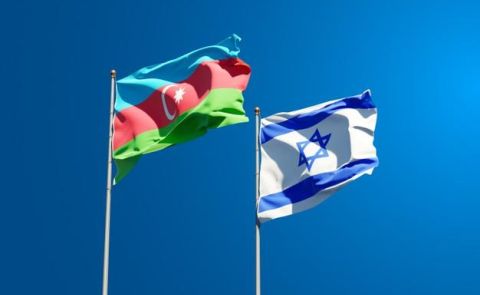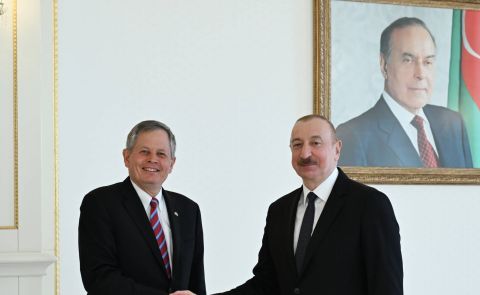
Russian Ambassador Discusses Russian-Armenian Relations, South Caucasus Stability, and Western Involvement
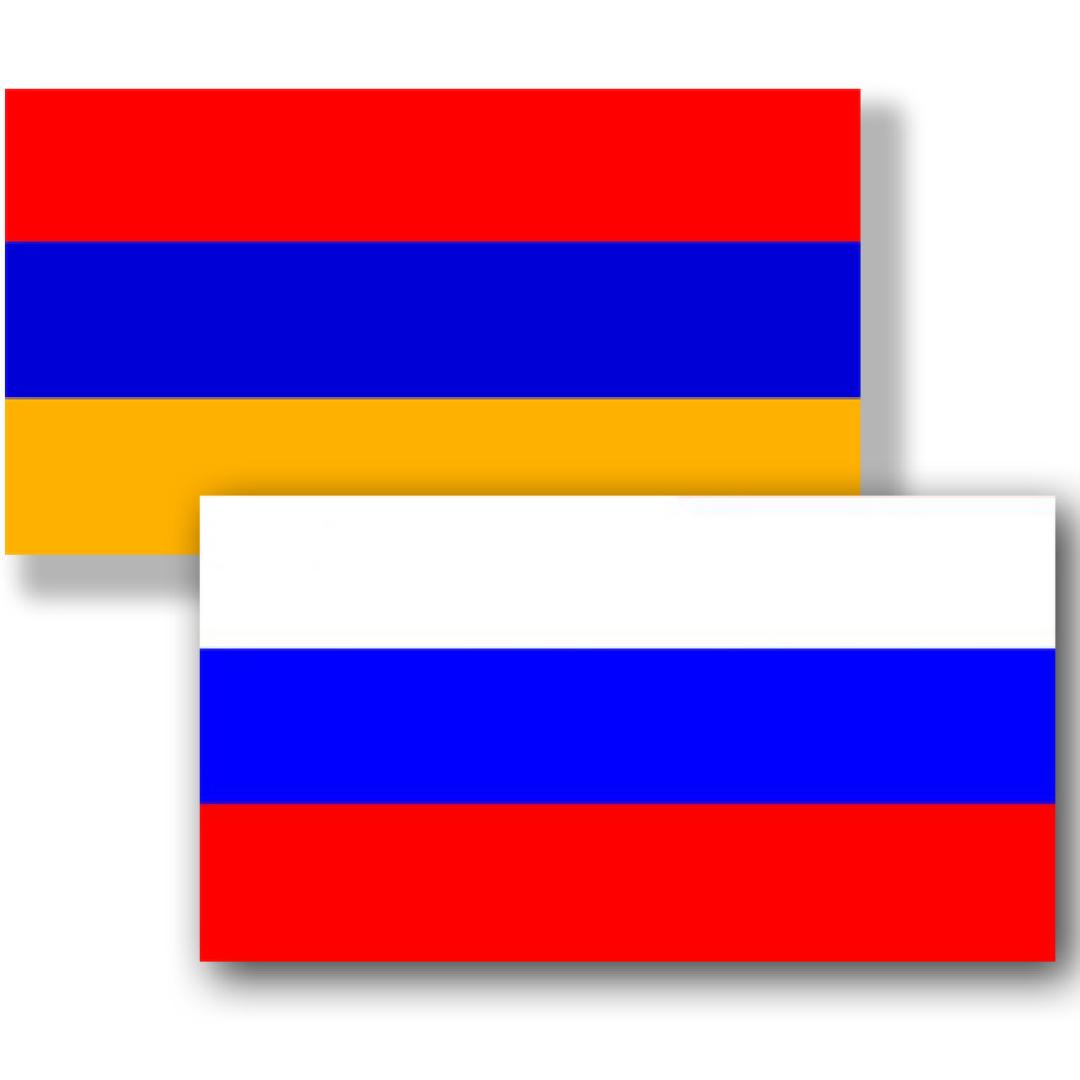
On May 3, Russian Ambassador to Armenia Sergey Kopyrkin gave an interview addressing challenges in Russian-Armenian relations, Russia’s regional priorities in the South Caucasus, prospects for multilateral cooperation, and Moscow’s views on Western involvement in the region.
Kopyrkin emphasized that Armenia remains a close ally and a key economic partner for Russia in the South Caucasus, stressing the need to continually adapt bilateral ties to evolving regional and global realities. He described Russian-Armenian relations as undergoing a period of maturation, with both nations working to resolve challenges through open and trust-based dialogue. The ambassador highlighted regular high-level contacts, citing the January visit of Armenian Foreign Minister Ararat Mirzoyan to Moscow and the April 17 meeting between Armenian National Assembly Speaker Alen Simonyan and Valentina Matvienko, Speaker of Russia’s Federation Council. Kopyrkin reaffirmed Russia’s commitment to strengthening allied cooperation with Armenia and fulfilling its defense obligations, both bilaterally and through the Collective Security Treaty Organization (CSTO).
Addressing existing challenges, Kopyrkin stated that external forces are actively attempting to divide the two allied states through political manipulation, disinformation campaigns, and overt slander. He alluded to actors obsessed with achieving a “strategic defeat of Russia,” expressing confidence in the Armenian people’s ability to distinguish between genuine allies and adversaries.
When asked about Russia’s long-term interests in the South Caucasus, Kopyrkin noted that Russia is an integral part of the region—geographically, historically, and politically. He outlined Russia’s priorities as ensuring lasting peace, stability, economic growth, and the unblocking of regional transportation links. Kopyrkin affirmed Moscow’s readiness to support the normalization of Armenian-Azerbaijani relations, welcomed progress toward finalizing a peace treaty, and reiterated Russia’s offer to host negotiations and mediate unresolved issues, including border delimitation, humanitarian concerns, and transportation reopening.
Regarding regional security formats, Kopyrkin argued that new structures are unnecessary, as existing trilateral agreements between Russia, Armenia, and Azerbaijan from 2020–2022 have already yielded significant results. He highlighted the January 2021 establishment of a Trilateral Working Group on regional transportation, co-chaired by deputy prime ministers, and emphasized that regional nations and their neighbors should shape the South Caucasus’s future without external interference. Kopyrkin expressed support for the “3+3” regional cooperation platform, involving Armenia, Azerbaijan, Georgia, Russia, Iran, and Turkey, noting that two meetings have already taken place and encouraging Georgia’s participation. He also welcomed supplementary formats, such as consultations among Russia, Armenia, and Iran on economic, transportation, foreign policy, and cultural initiatives, provided they complement rather than replace existing bilateral or multilateral processes.
Commenting on Western involvement in the South Caucasus, Kopyrkin dismissed the notion that Russia opposes Western activity by default but warned of the West’s underlying objectives. He claimed that since the onset of Russia’s Special Military Operation in Ukraine, Western officials have openly admitted intentions to curb the influence of Russia, Iran, and China in the region and dismantle Armenia’s alliance with Moscow under the pretext of promoting diversified foreign relations. While acknowledging Armenia’s sovereign right to build ties with any country, Kopyrkin expressed hope that Yerevan would prevent anti-Russian forces from using Armenia to open a “second front” against Russia or hinder its participation in Eurasian integration projects.
See Also

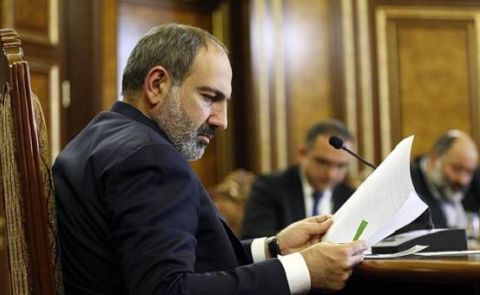
Pashinyan Commemorates First Republic Day, Highlights Progress in Sovereignty and Peace Efforts
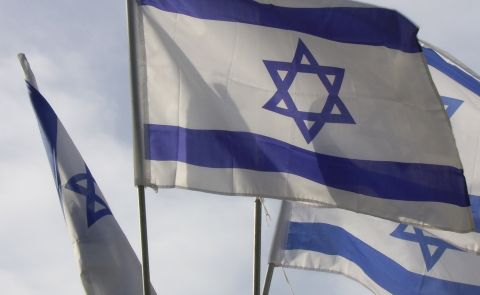
Israeli Ambassador to Armenia Acknowledges Challenges but Optimistic About Future Armenian-Israeli Cooperation
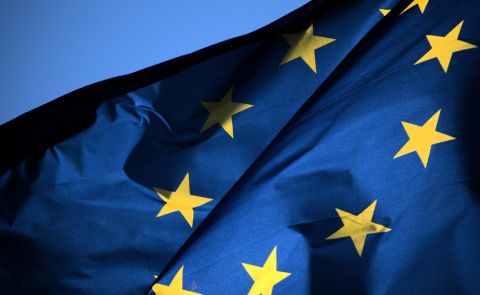
EU Plans Closer Cooperation with Azerbaijan, Georgia, Türkiye, and Other Black Sea States
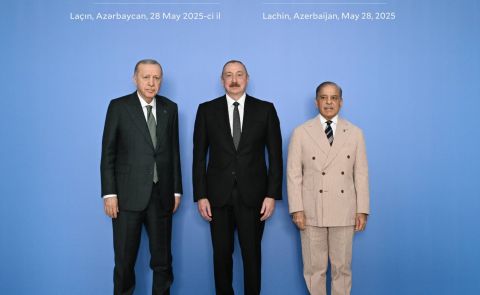
Azerbaijan, Türkiye, and Pakistan Highlight Growing Strategic Cooperation at Lachin Summit
